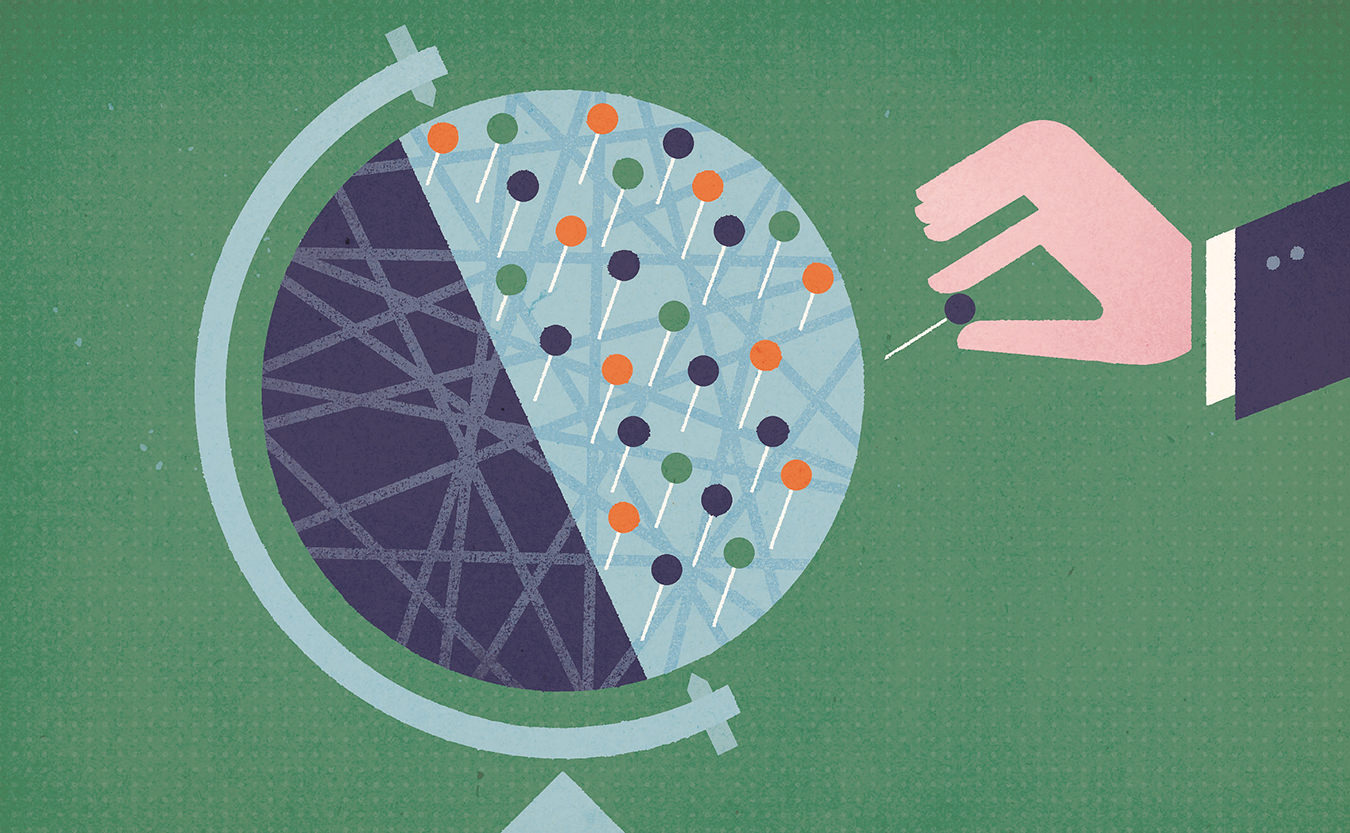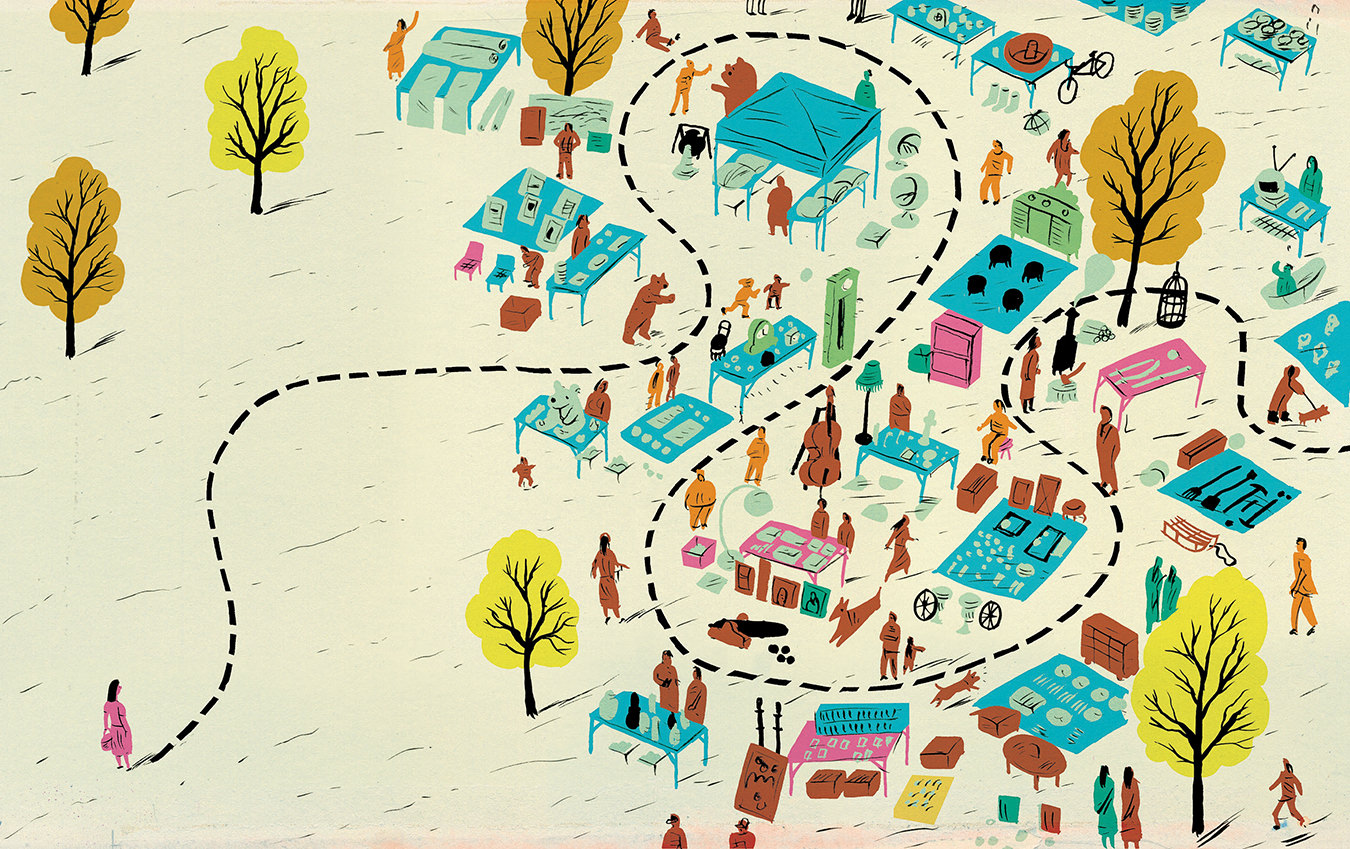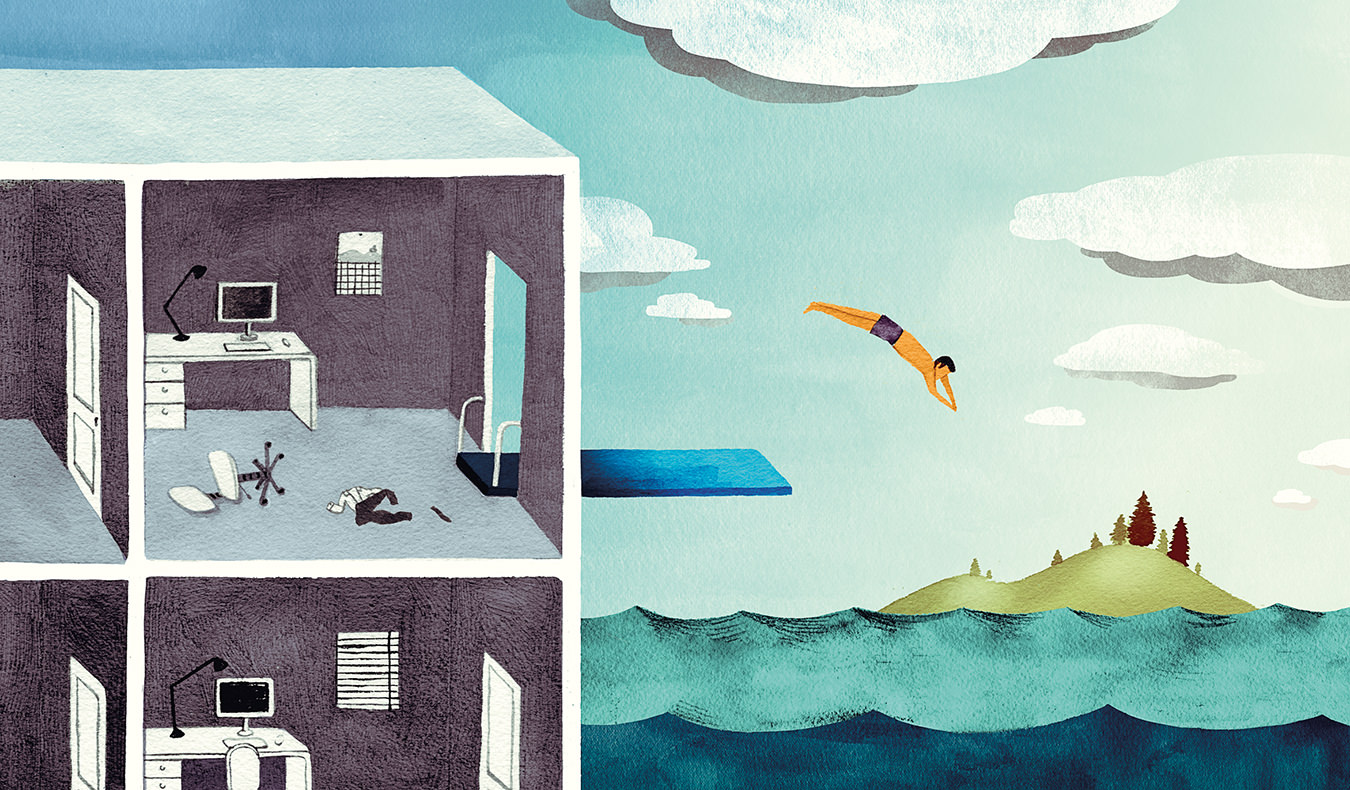The Philosophy of Meme Culture
Life’s a joke.

“OK Boomer.”
Last fall, when 25-year-old Chlöe Swarbrick retorted to heckling about her age in a New Zealand parliamentary session on climate change with these two words, the phrase commandeered news headlines. She brought into public discourse the meme that had been seeping across the Internet for the past year, a dismissive cyber eye roll by Generation Z (born 1997–) towards Baby Boomers (born 1946–1965). The polarizing effect of the meme is nothing new; intergenerational clashes always have, and always will, exist. But “OK Boomer” highlights the vitality of memes as a cultural currency. What can memes tell us about Gen Z, the most socially conscious and digitally connected generation?
Though Internet memes were first created by millennials (born 1981–1996), the word meme originated with evolutionary biologist Richard Dawkins in 1976, combining the Greek word mimeme—translated to “imitated thing”—and gene. By Dawkins’ definition, memes are cultural ideas that spread and repeat themselves across society. Add the Internet and an evolving sense of humour, and you have the Internet meme: a vessel of communication, a signifier of the comedic zeitgeist, and a device for channelling the inherent anxieties of youth.
In a 2018 poll by the Pew Research Center, 70 per cent of American teens reported depression and anxiety as a “major problem”. And it’s easy to see why. Gen Z, arguably more than any other generation, faces an uncertain future: climate change, wage stagnation, political polarization, and mass shootings only scrape the surface. While inequalities in power might play a larger role than age, boomers have come to represent everything wrong with the system for Gen Z. And Internet memes, with their signature eccentricity—for example, the text, “I may look fly, but I want to die” over the image of a person giving a thumbs up—have become the new generations’ method of coping. To the uninitiated, meme humour is nihilistic and outlandish, but the sense of self-awareness translated through memes shares striking similarities to philosopher Albert Camus’ notion of absurdism.
In 1942, Camus published the essay The Myth of Sisyphus, which examined the Greek myth of a man destined for eternity to roll a rock up a hill only for it to fall back down each time. The tale encapsulated humanity’s futile existence and the existential torment it permitted; Sisyphus—whom Camus compared to society as a whole—goes through the same continual cycle with no discernable purpose. The very act of living is absurd, Camus found, if there were no meaning to life at all. Yet, he argued, if Sisyphus were to embrace this absurdity, rather than wallow in existential dread or give in to illusory distractions, he could be content, perhaps even happy. This is the same sentiment Gen Z has adopted: embracing the absurdity of the times by making memes about it.
Memes of today drip with Internet-trademarked black comedy. They’re embellished with a vernacular particular to Internet-moulded youth, making them fascinating and frustrating to older generations. When Gen Z memes remark “oof” or “yikes” to the irreversibility of the Earth’s environmental damage, or express the urge to “yeet into the void” to escape the harsh realities of our times, the blasé responses can be hilarious. But they also contain a blunt and powerful kind of honesty.
Perhaps the poignancy of meme humour lies in that Gen Z has no other choice but to embrace the absurdity of the future. Or deal with the environmental consequences of generations before them. But they aren’t carrying this burden with existential dread. They are using the tool they know best—technology—to lighten the weight with a little levity. Memes carry forward a movement defined by both humour and a defiance of past ways of thinking. Because if you can’t laugh in the face of your existential dread, what else can you do?
________
Never miss a story. Sign up for NUVO’s weekly newsletter here.




